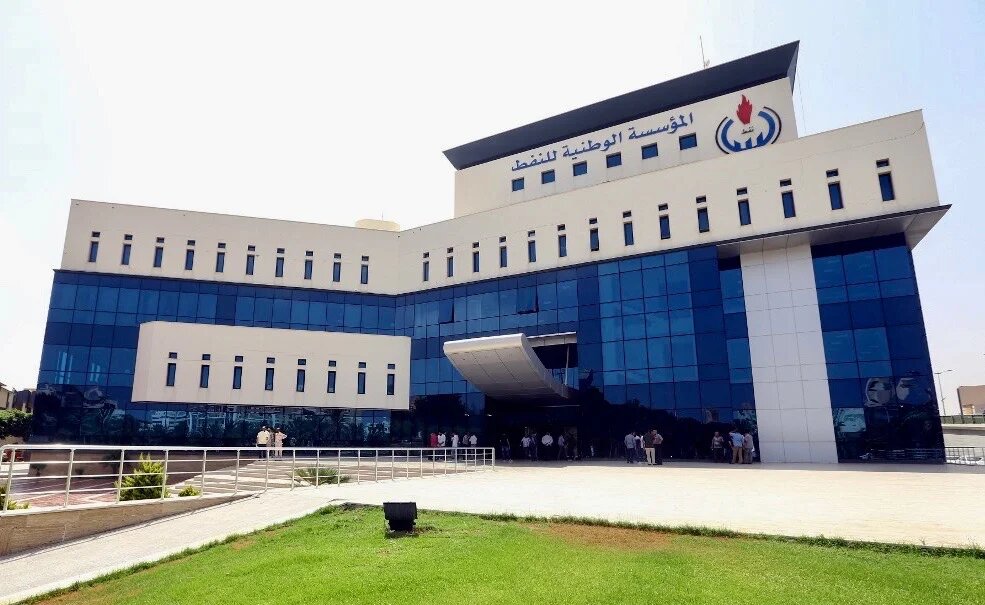Libya’s oil and gas sector seems to be turning a corner in 2025 after years of uncertainty and interruption. After more than a decade away, major international firms like Eni, BP, Shell, and ExxonMobil are reengaging with the country and its resources. The National Oil Corporation’s (NOC) recent international bid round, alongside new field redevelopment agreements, are steps toward restoring Libya’s production to its past heights. While old challenges persist, the growing investor interest and ongoing projects could finally put Libya back on track as Africa’s leading energy exporter and an important player in global energy security.
Why This Moment Feels Different
Since the upheaval of 2011, Libya’s oil industry has faced endless setbacks, from damaged infrastructure to political fragmentation that has sometimes disrupted production. Yet throughout this period, I and many colleagues have remained deeply involved in trying to keep the sector stable and functioning despite everything. Now Libya produces roughly 1.39 million barrels per day, its best in years, with hopes of pushing that to 2 million by the end of 2025.
That number tells a bigger story. Libya sits on the continent’s largest proven oil reserves — over 48 billion barrels — a resource that places it in a unique position within Africa’s energy landscape. Though past years have kept Libya from fully capitalizing on this wealth, the coming months offer a renewed chance to reclaim its influence and rebuild an industry that can benefit the entire nation and the wider region.
What’s Happening on the Ground
This year brought a significant milestone with the NOC’s first international bid round in nearly two decades, unveiling 22 exploration blocks both onshore and offshore. The attractive terms offered show Libya’s clear intention to invite global players back into the fold.
The return of ExxonMobil, via a memorandum of understanding to explore four offshore blocks, marks a high-profile re-entry. BP and Shell have also signed letters of intent to study redevelopment options for big fields like Sarir, Messla, and Atshan, with BP reopening its Tripoli office soon. On the other hand, Italy’s Eni has restarted offshore drilling after pandemic delays and is advancing vital natural gas projects, which are critical in diversifying energy exports and responding to regional demand.
The Reality Behind the Optimism
It’s important to recognize that Libya’s energy sector operates in a challenging environment. Political divides and security concerns continue to create uncertainty. Rival factions and armed groups have historically disrupted oil operations, and legal uncertainties around contracts add complexity for investors.
That said, recent years have seen positive moves toward improving governance and transparency, especially from institutions like the Central Bank and the NOC. These are essential steps in making the industry safer and more attractive for long-term investment. Progress requires persistence and cooperation from all sides — something I’ve witnessed first-hand as both necessary and possible.
Looking Forward with Cautious Optimism
Having spent years navigating Libya’s oil sector’s ups and downs, I see the current signs as reason for cautious hope. The interest from international companies in developing mature fields tells me they believe in Libya’s untapped potential and institutional capacity to support growth.
If collaboration deepens among the NOC, international partners, government stakeholders, and security actors, reaching 2 million barrels per day — a level Libya once produced — is achievable by the end of this year. Moreover, Libya’s investment in natural gas projects positions it well within the global push towards cleaner fuels, giving the country a strategic edge.
Libya’s location, connecting North Africa with southern Europe, combined with its vast oil and gas reserves, makes it a cornerstone in Africa’s energy map and a rising influence for global energy markets. By rebuilding its industry responsibly, Libya can contribute to stabilizing energy supplies not only continent-wide but also internationally.
With steady and transparent management, Libya can reclaim its rightful place as Africa’s leading energy exporter, bringing economic growth, regional stability, and a stronger role on the global energy stage.
